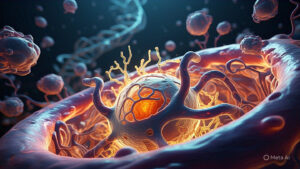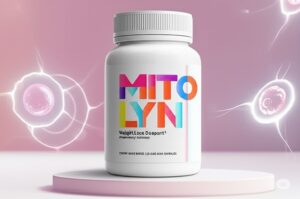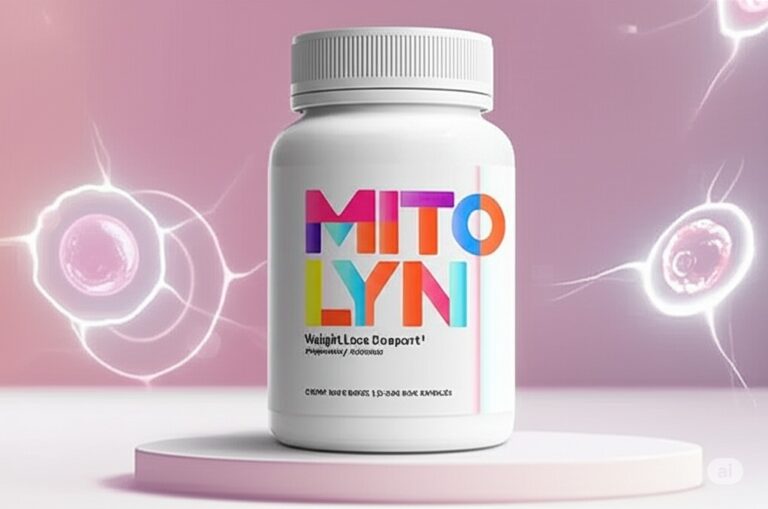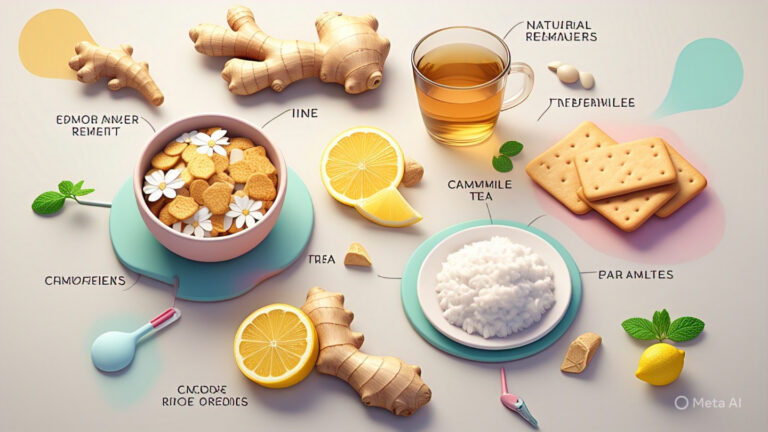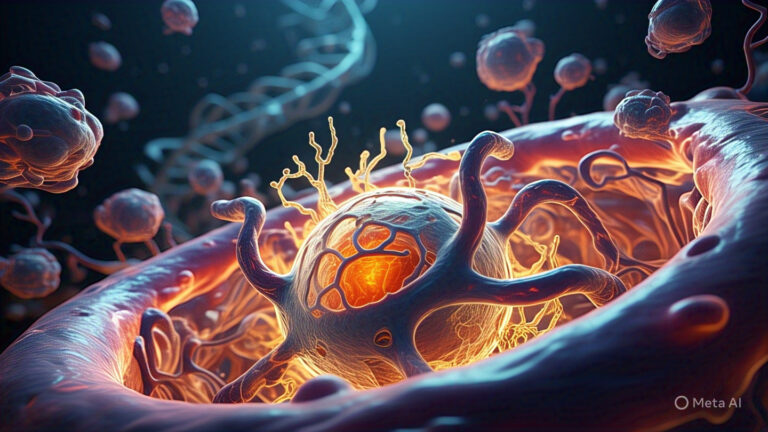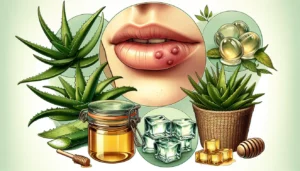Home Remedies for Cluster Headaches: Natural Relief Tips That Work
Estimated reading time: 8 minutes
Key Takeaways
- Immediate relief can come from cold compresses, deep breathing, and hydration during a cluster headache attack.
- Prevention is possible with lifestyle changes like avoiding triggers, improving sleep, and managing stress.
- Natural options such as ginger, magnesium, and acupuncture may support traditional care but aren’t cures.
- Always prioritize safety by consulting a doctor, especially for severe symptoms or before trying supplements.
Table of Contents
- Introduction to Home Remedies for Cluster Headaches
- What Are Cluster Headaches?
- Why Choose Home Remedies for Cluster Headaches?
- Immediate Relief Remedies for Cluster Headache Attacks
- Preventive Home Remedies and Lifestyle Adjustments
- Additional Natural Therapies to Explore
- Safety Precautions and When to Seek Medical Help
- Community Support and Personal Experiences
- Frequently Asked Questions (FAQs)
Introduction to Home Remedies for Cluster Headaches
If you’ve ever experienced a cluster headache, you know the searing pain that strikes without mercy, often earning the grim nickname “suicide headache.” It’s a struggle that can leave anyone desperate for relief. At WikiHomeRemedies, we understand how debilitating these episodes are, and we’re here to guide you through natural ways to ease the hurt and possibly prevent future attacks.
This article isn’t just a list of ideas—it’s a supportive hand, offering home remedies grounded in science from sources like the Mayo Clinic and WebMD. You’re not alone in this battle, but remember, severe cases always warrant a doctor’s input. Let’s walk through understanding cluster headaches, finding immediate comfort, exploring prevention, and ensuring safety as we tap into nature’s healing potential.
What Are Cluster Headaches?
Cluster headaches are not your typical head pain. They strike with fierce intensity on one side, often near an eye, and come in cycles—sometimes multiple times a day for weeks. Known for their punctual torment, these headaches can last from 15 minutes to three hours, leaving sufferers drained and dreading the next wave.
What sets them apart from migraines is the pattern and the accompanying unrest. You might feel an urgent need to pace or rock during an attack. While medical options like oxygen therapy exist, as noted by the National Institute of Neurological Disorders and Stroke (NINDS), many seek gentler, home-based solutions for relief or to complement prescribed care.
Symptoms of Cluster Headaches
- Sharp, burning pain on one side, often around the eye.
- Attacks lasting 15 minutes to 3 hours, up to eight times daily.
- Watery eyes, nasal congestion, or a drooping eyelid on the affected side.
- A sense of agitation or inability to stay still.
Common Triggers to Avoid
- Alcohol, especially during a headache cycle.
- Stress from work or personal pressures.
- Disrupted sleep patterns or sudden changes in routine.
- Strong smells, like perfume or smoke, in certain environments.
Why Choose Home Remedies for Cluster Headaches?
When cluster headaches hit, reaching for a natural solution can feel empowering. Many turn to home remedies because they’re within reach—right in your kitchen or daily habits—and often carry fewer risks than medications, which might bring side effects or clashes with other treatments. Cost also plays a role; not everyone can afford frequent doctor visits or specialized therapies.
Still, these remedies aren’t a full replacement for medical care. They work best as a partner to professional advice, offering comfort when a headache strikes or helping to ward off future cycles. At WikiHomeRemedies, we’ve seen countless stories, even on forums like Clusterbusters, where people crave these accessible paths to relief alongside their standard care.
Immediate Relief Remedies for Cluster Headache Attacks
When a cluster headache crashes into your day, fast action is everything. Below, we’ve gathered practical remedies rooted in evidence from sources like WebMD and Cleveland Clinic. These steps aim to dull the pain or shorten the attack, giving you a moment to breathe.
Cold Compress for Pain Relief
A cold compress can be a quick ally. Wrap a few ice cubes in a soft cloth and place it on the painful side of your head for 10 to 15 minutes. Healthline explains that the chill numbs the area, dialing down inflammation and offering a brief escape from the intensity.
Deep Breathing Techniques
Slow, deliberate breaths can calm your system. Try the 4-7-8 method—inhale for 4 seconds, hold for 7, and exhale for 8. Cleveland Clinic notes this eases stress, a frequent companion to headaches, helping your body loosen its grip on the pain.
Staying Hydrated
Water might seem too simple, but dehydration often fuels headaches. Keep a glass nearby and sip regularly, especially during an attack. Everyday Health points out that proper hydration supports overall health, potentially cutting the edge off an episode.
Caffeine in Moderation
A small dose of caffeine, like a cup of coffee, at the start of an attack might help. It narrows blood vessels, possibly reducing pain, per Everyday Health. But tread lightly—too much can backfire and worsen things.
Capsaicin Nasal Spray (With Guidance)
Capsaicin, derived from chili peppers, in a nasal spray form may desensitize pain nerves. Verywell Health highlights its potential, but this isn’t a DIY fix. Always consult a doctor before trying it to ensure it’s safe for you.
Preventive Home Remedies and Lifestyle Adjustments
Stopping cluster headaches before they start is the ultimate goal. While immediate relief helps in the moment, long-term habits can shrink the shadow these headaches cast over your life. Let’s explore science-backed ways, supported by Mayo Clinic and Johns Hopkins, to build a stronger defense.
Avoiding Known Triggers
Start by tracking your days with a headache diary. Note when attacks happen—after a drink, a late night, or a tense moment. Mayo Clinic suggests steering clear of culprits like alcohol or erratic schedules to break the cycle.
Improving Sleep Hygiene
A steady sleep routine is vital. Aim for the same bedtime and wake-up hour daily, even on weekends. NINDS links poor sleep to headache frequency, so a restful night could keep attacks at bay.
Stress Management Practices
Stress often ignites headaches, but you can dampen its spark. Simple mindfulness or a short yoga session can quiet your mind. Johns Hopkins confirms these practices lower stress, possibly reducing how often cluster headaches strike.
Magnesium Supplementation
Magnesium might support nerve health, curbing headache triggers. Healthline recommends discussing a dose—around 400 to 600 mg daily—with your doctor. It’s a subtle shift, yet it could fortify your resistance over time.
Ginger as an Anti-Inflammatory
Ginger, whether in tea or as a supplement, brings calming properties to the table. Medical News Today notes its knack for easing inflammation, which may play a role in headache patterns. Sip a warm cup daily to test its gentle impact.
Additional Natural Therapies to Explore
Beyond everyday remedies, some alternative paths might offer extra support. These therapies, often guided by professionals, tap into broader ways to manage pain and stress. Let’s look at a couple worth considering with an open mind.
Acupuncture for Pain Management
Acupuncture involves fine needles placed at specific points to balance energy. Some find it eases headache frequency, as Johns Hopkins Medicine suggests in studies. Seek a trained practitioner to ensure it’s done right.
Biofeedback for Stress Control
Biofeedback teaches you to control body responses like heart rate through real-time feedback. It’s tied to stress reduction, a key headache player, per Johns Hopkins. A specialist can guide you, making it a tailored tool for calm.
Safety Precautions and When to Seek Medical Help
Home remedies offer a soothing touch, but they’re not a standalone cure. Cluster headaches can signal deeper issues, and ignoring warning signs is risky. Always pair natural approaches with a doctor’s insight, especially if symptoms shift or worsen.
Watch for red flags that demand urgent care:
- Sudden, extreme pain unlike past headaches.
- Vision changes, weakness, or confusion during an attack.
- Headaches following a head injury or with fever.
Cleveland Clinic and NIH urge reaching out to a professional if remedies fall short or supplements cause odd effects. Your safety is the priority—don’t hesitate to seek help when doubt creeps in.
Community Support and Personal Experiences
Living with cluster headaches can feel isolating, but shared stories remind us we’re not alone. Many have found small victories, like a cold compress cutting through the haze, as shared in spaces like Clusterbusters. These accounts spark hope and practical ideas.
Joining a support group, whether online or nearby, connects you with others who get it. At WikiHomeRemedies, we encourage swapping experiences in the comments below. Your story might light the way for someone else in pain.
Frequently Asked Questions (FAQs)
What are the most effective home remedies for cluster headaches?
Cold compresses and deep breathing top the list for quick relief, damping pain and stress as Healthline and Cleveland Clinic note. Hydration and cautious caffeine use also help during attacks. For prevention, focus on sleep routines and trigger avoidance. For more general headache remedies, check out our detailed guide on this topic at WikiHomeRemedies.
Can home remedies cure cluster headaches?
No, they don’t cure the condition. They manage symptoms and may lower frequency, but cluster headaches often need medical oversight. Always consult a doctor for a full plan, as remedies are a supportive piece.
Are there risks with natural remedies?
Yes, even natural options can overstep if misused. Too much caffeine might worsen headaches, and supplements like magnesium need a doctor’s nod to avoid interactions. Balance and guidance keep things safe.
How can I prevent cluster headaches naturally?
Start with lifestyle tweaks—stick to a sleep schedule, dodge triggers like alcohol, and weave in stress relief like mindfulness. Ginger or magnesium might help, per Medical News Today. Track what works for you with a diary.
